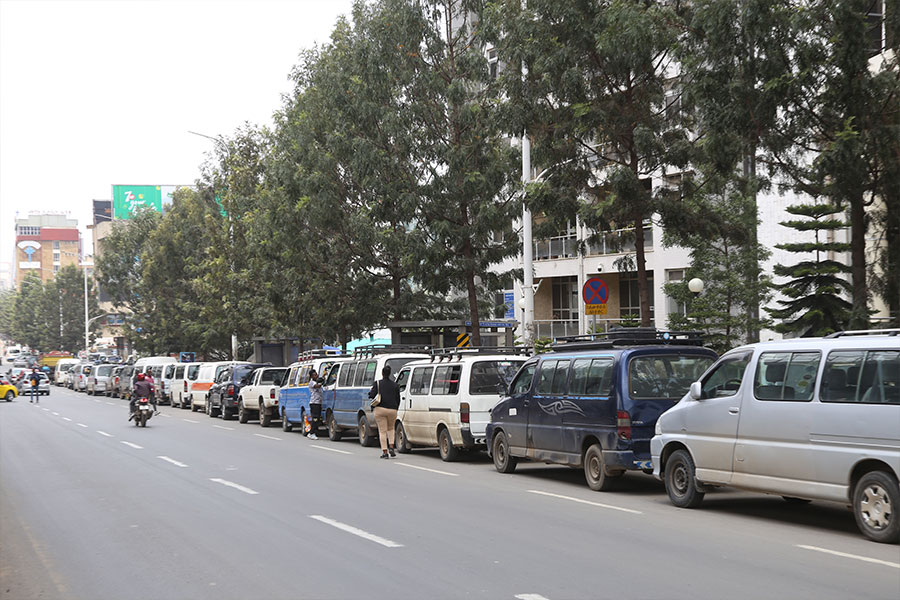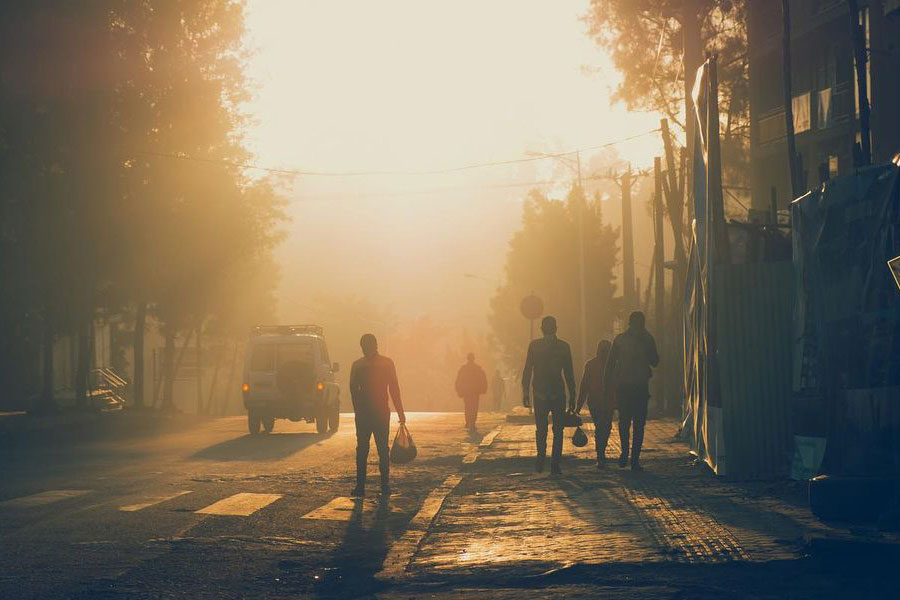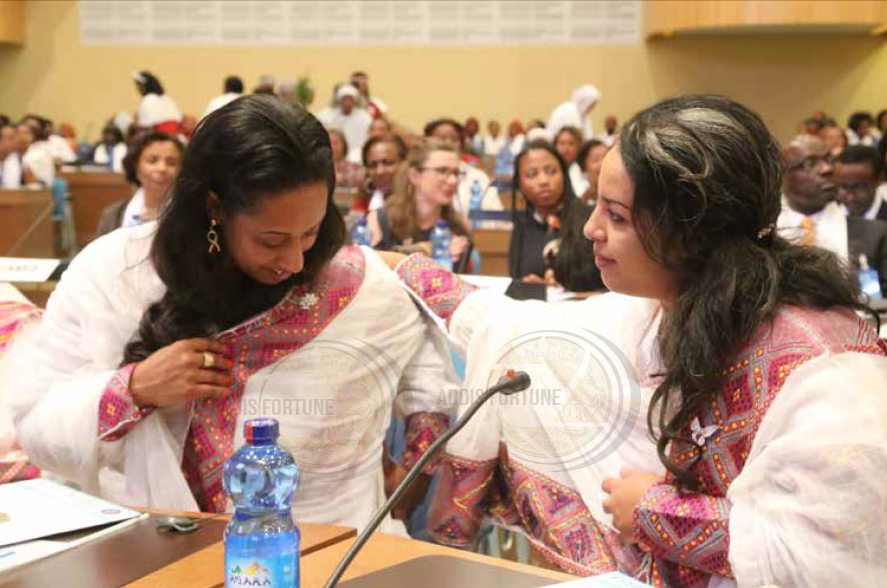
Dec 14 , 2024
By María Fernanda Espinosa
The most recent United Nations Climate Change Conference (COP29) focused on finance, but it fell short in more ways than one.
The contentious negotiations – representatives from several developing countries walked out in protest – defied the odds to produce a commitment – the "Baku Climate Unity Pact" – from developed economies to deliver 300 billion dollars in climate funding annually to their poorer counterparts by 2035. It is triple the target agreed in 2009 (and reached, for the first time, in 2022), but it is nowhere near the estimated 1.3 trillion dollars in annual financing that developing economies will need over this period. Although the agreement represents progress, we should recognise it as merely a starting point.
But, insufficient financing is only part of the problem. The reality is that as world leaders clashed in Baku amid unprecedented international tensions, the true battle being waged was for the future of climate finance and women's role in it. Women and children are 14 times more likely to die in climate-related disasters than men, and women comprise 80pc of those displaced by extreme weather. These disparities are not incidental but are rooted in systemic inequalities.
Yet the New Collective Quantified Goal (NCQG) on climate finance includes only one reference to women and girls. Paragraph 26 "urges parties and other relevant actors to promote the inclusion and extension of benefits to vulnerable communities and groups in climate finance efforts, including women and girls."
Women and girls' greater vulnerability to climate change reflects systemic inequality of access to education, economic opportunities, and decision-making power. These differences are also apparent at climate-related forums. While this year's COP was heralded as the most gender-balanced in registrations, women accounted for 35pc of delegates (up from 34pc at COP28). Of the 78 world leaders who attended, a mere eight were women, and only four addressed gender-specific issues in their statements.
Climate initiatives that explicitly include women have been shown to produce better outcomes for entire communities. Women are already leading some of the most innovative and effective climate initiatives globally, in areas ranging from sustainable agriculture to renewable energy deployment.
The conclusion should be obvious. Gender-responsive climate finance's potential to unlock more efficient pathways for decarbonisation, adaptation, and resilience makes it a strategic necessity. Yet, for every 100 dollars of climate finance deployed globally, only 20 cents go toward supporting women, and only 0.01pc of climate finance addresses climate action and women's rights.
Even so, COP29 was not a total loss for women and girls.
The enhanced Lima work program on gender was extended for another decade, though without additional funding for the UN Framework Convention on Climate Change (UNFCCC) secretariat to support implementation. In addition, the 27 gender-specific provisions in the final "Presidency text on gender and climate change" emphasised the vital role of women's full, meaningful, and equal participation in climate action and the critical importance of incorporating gender considerations into all policymaking domains.
The "gender action plan" countries agreed to develop for adoption at COP30 provides a framework for progress.
Despite these commitments, COP29 fell short in addressing critical intersectional issues such as the links between gender equality, peacebuilding, and climate action. Similarly, calls to address gender gaps in skills – such as science, technology, engineering, and mathematics (STEM) training to access green jobs – and the care economy as part of climate action failed to make it into the final document. While the text encouraged gender-responsive climate finance and simplified access for grassroots women's organisations and indigenous communities, it lacked the structural push necessary to ensure implementation at scale.
To transform COP29's promises into reality, we need clear international guidelines for gender integration, backed by allocated budgets, measurable targets, and participatory approaches to ensure effective, transparent, and accountable climate finance. High priority should be given to financing local initiatives, particularly in informal settlements, where women often lead climate-resilience efforts. Robust tracking systems – which monitor how much money is pledged, where it goes and who it benefits – are essential.
Of course, international action alone cannot close the gender gap in climate action; national policy frameworks are also vital. And here, too, women continue to be sidelined. According to the latest analysis from the UNFCCC, 82pc of countries mention gender in their nationally determined contributions (NDCs), but fewer than 26pc include meaningful gender considerations in their long-term strategies and investments. As countries prepare their updated NDCs – to be submitted this February and assessed at COP30 in November – they should take care to incorporate gender-specific programs and policies.
We do not know whether the international environment will be any less tense when countries gather in Brazil for COP30. But we do know that the failure to pursue meaningful climate action would carry astronomical costs, as the proliferation of deadly climate disasters results in lost lives and trillions of dollars in lost outputs. We also know that if the fight against climate change is to succeed, it must be as inclusive as it is transformative. That is why COP30 offers us a unique opportunity to reflect on our priorities and align gender equality with the Paris Climate Agreement and the Sustainable Development Goals (SDGs).
The climate crisis is not gender-neutral, so our solutions cannot be. Without a consistent focus on gender-responsive climate finance, we risk perpetuating cycles of vulnerability. Thirty years after the UN's Beijing Declaration and Platform for Action established gender equality's place on the global agenda, we should achieve another leap forward for women's rights, this time as a vital part of the fight against climate change.
PUBLISHED ON
Dec 14,2024 [ VOL
25 , NO
1285]


Fortune News | May 14,2022

Fortune News | Jul 02,2022

View From Arada | Dec 23,2023

Commentaries | Nov 11,2023

Radar | Apr 15,2023

Fortune News | Nov 15,2018

Agenda | Oct 13,2024

Sunday with Eden | Sep 18,2021

Viewpoints | Sep 10,2021

Radar | Jun 12,2023

Photo Gallery | 180460 Views | May 06,2019

Photo Gallery | 170658 Views | Apr 26,2019

Photo Gallery | 161716 Views | Oct 06,2021

My Opinion | 137285 Views | Aug 14,2021

Dec 22 , 2024 . By TIZITA SHEWAFERAW
Charged with transforming colossal state-owned enterprises into modern and competitiv...

Aug 18 , 2024 . By AKSAH ITALO
Although predictable Yonas Zerihun's job in the ride-hailing service is not immune to...

Jul 28 , 2024 . By TIZITA SHEWAFERAW
Unhabitual, perhaps too many, Samuel Gebreyohannes, 38, used to occasionally enjoy a couple of beers at breakfast. However, he recently swit...

Jul 13 , 2024 . By AKSAH ITALO
Investors who rely on tractors, trucks, and field vehicles for commuting, transporting commodities, and f...

Nov 1 , 2025
The National Bank of Ethiopia (NBE) issued a statement two weeks ago that appeared to...

Oct 25 , 2025
The regulatory machinery is on overdrive. In only two years, no fewer than 35 new pro...

Oct 18 , 2025
The political establishment, notably the ruling party and its top brass, has become p...

Oct 11 , 2025
Ladislas Farago, a roving Associated Press (AP) correspondent, arrived in Ethiopia in...

Nov 2 , 2025
The National Bank of Ethiopia (NBE) has scrapped the credit-growth ceiling that had s...

Nov 2 , 2025 . By SURAFEL MULUGETA
The burgeoning data mining industry is struggling with mounting concerns following th...

Nov 2 , 2025 . By YITBAREK GETACHEW
Berhan Bank has chosen a different route in its pursuit of a new headquarters, opting for a transitional building instea...

Nov 2 , 2025 . By BEZAWIT HULUAGER
Nib International Bank S.C. has found itself at the epicentre of a severe governance...